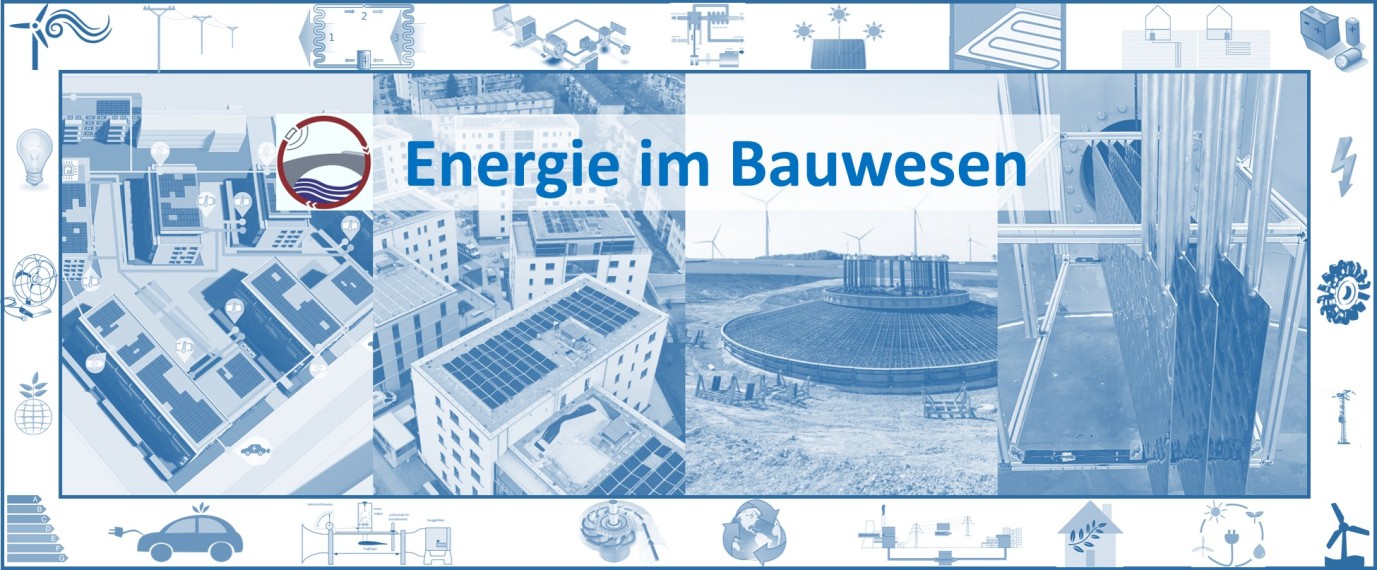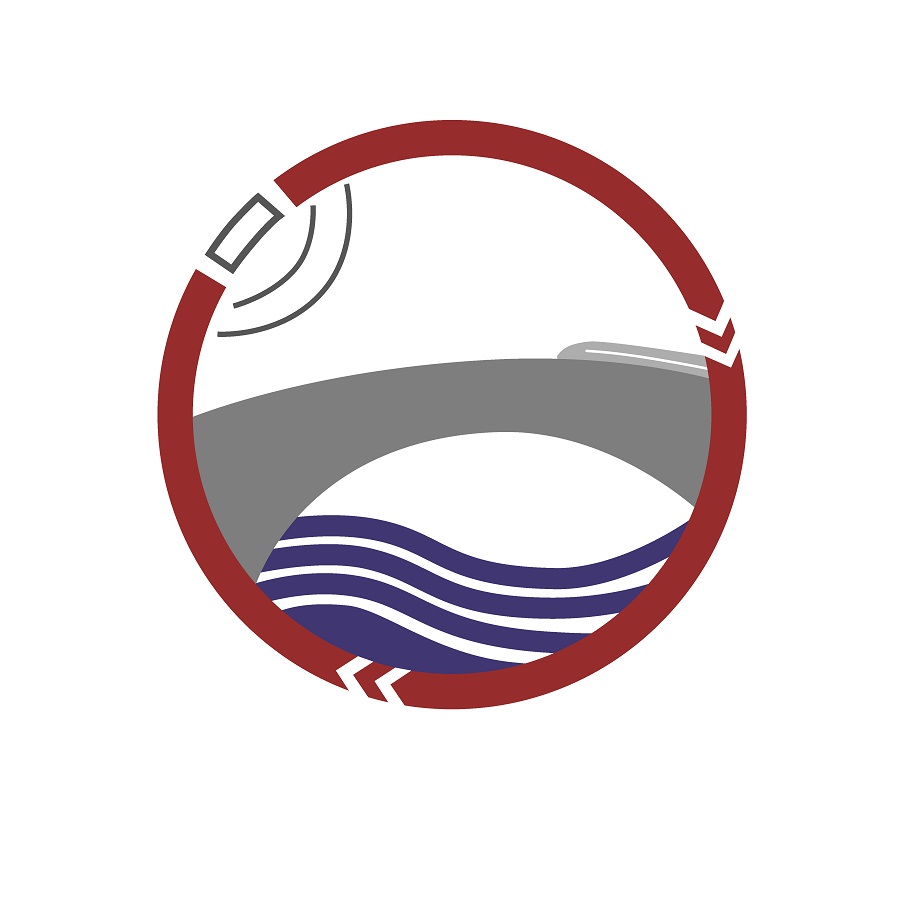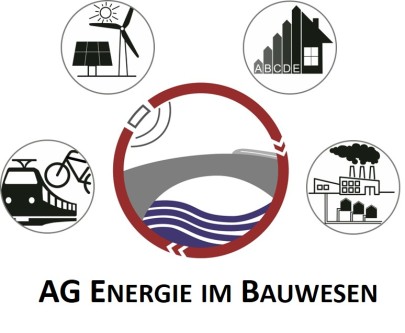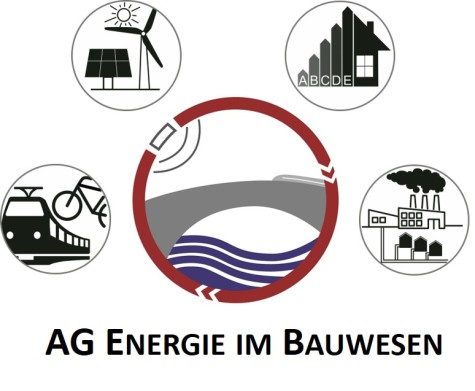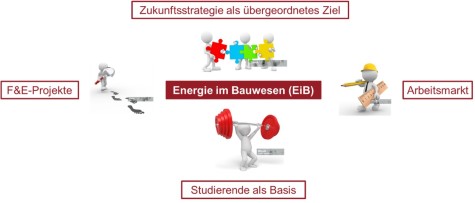„We must start... rebuilding our cities around energy efficiency and human needs, rather than around the car and wasted energy.“
Jay Inslee.
The working group “Energy in Engineering” was established as part of the working group “Teaching” at the professors' meeting on 30 October 2023.
The aim is to integrate the topic of ‘Energy in Engineering’ more strongly into teaching at the Department of Civil and Environmental Engineering.
For this, we will briefly introduce ourselves below and then provide information on current energy-related job profiles, modules, theses and research projects.
The use of renewable energies and the intelligent, resource-conserving utilisation of energy can make a significant contribution to achieving climate targets, counteracting climate change and reducing dependence on energy sources from other countries. Due to the high relevance of the topic, it also belongs in the education of future generations, especially in the Department of Civil and Environmental Engineering at the Technical University of Darmstadt. The importance of the subject area is evident from various angles:
The future strategy of the Department of Civil and Environmental Engineering states ‘In 2023, TU Da will be the future workshop for sustainable, climate-resilient neighbourhoods’. The teaching of ‘sustainable neighbourhood solutions (construction, energy, resources)’ is also named as a strategic goal.
Due to EU-wide and national regulations, the topic of energy is also becoming an increasingly present topic in research projects. And on the labour market, so that graduates of TU Darmstadt must be trained accordingly.
Last but not least, there is also intrinsic interest among students. One example of this is an internal departmental social media survey from 19 September 2023, in which over 100 students took part within 24 hours, 71% of whom would like to see more energy topics in teaching.
In order to integrate the topic of ‘energy in construction’ more strongly into teaching, the following measures can be promoted:
Measures designed to strengthen energy issues in the construction industry
The working group has developed the following short- to long-term measures to integrate the topic of energy more strongly into teaching.

| Technical elective and compulsory areas | Accompanying measures |
|---|---|
| deepening the energy topic in existing modules | better placement in the modules “GPEK” and “IPBU” |
| adding new energy-related modules | opening up further already existing modules |
| Job Profile | using the sustainability reference in TUCaN |
| Energy-related job profile as virtual specialisation | integration to iSP |
| Specialisation in Environmental Engineering (B.Sc./M.Sc.) | |
| strengthening the energy topic via own specialisation |

Information about the current IPBU energy-related project is provided on the German page.
On the German page, modules are listed below that can be taken in the Civil and Environmental Engineering degree programme and are related to energy. An energy-related concretisation and an assessment of the depth covered is included.
The list is a rough overview, it does not claim to be complete and there is no guarantee.

Available Theses
On the German page, you will find available energy-related theses.

On the German page, you will find current energy-related research projects.

Contact
| Name | Working area(s) | Contact | |
|---|---|---|---|

| Xenia Kirschstein M.Sc. | kirschstein@ismd.tu-... +49 6151 16-23018 L5|06 420 | |

Picture: FG Wasserbau & Hydraulik
| Jessika Gappisch M.Sc. Chair Coordination | Use of heat exchangers in hydraulic engineering, Heat generation through aquathermal energy | j.gappisch@wb.tu-... +49 6151 16-21168 L5|01 306 |

Picture: FG Wasserbau & Hydraulik
| Timo Grafe M.Sc. | Hydraulic Engineering Testing, Ethohydraulics, Flood Protection | t.grafe@wb.tu-... +49 6151 16-21136 L5|01 306 |

